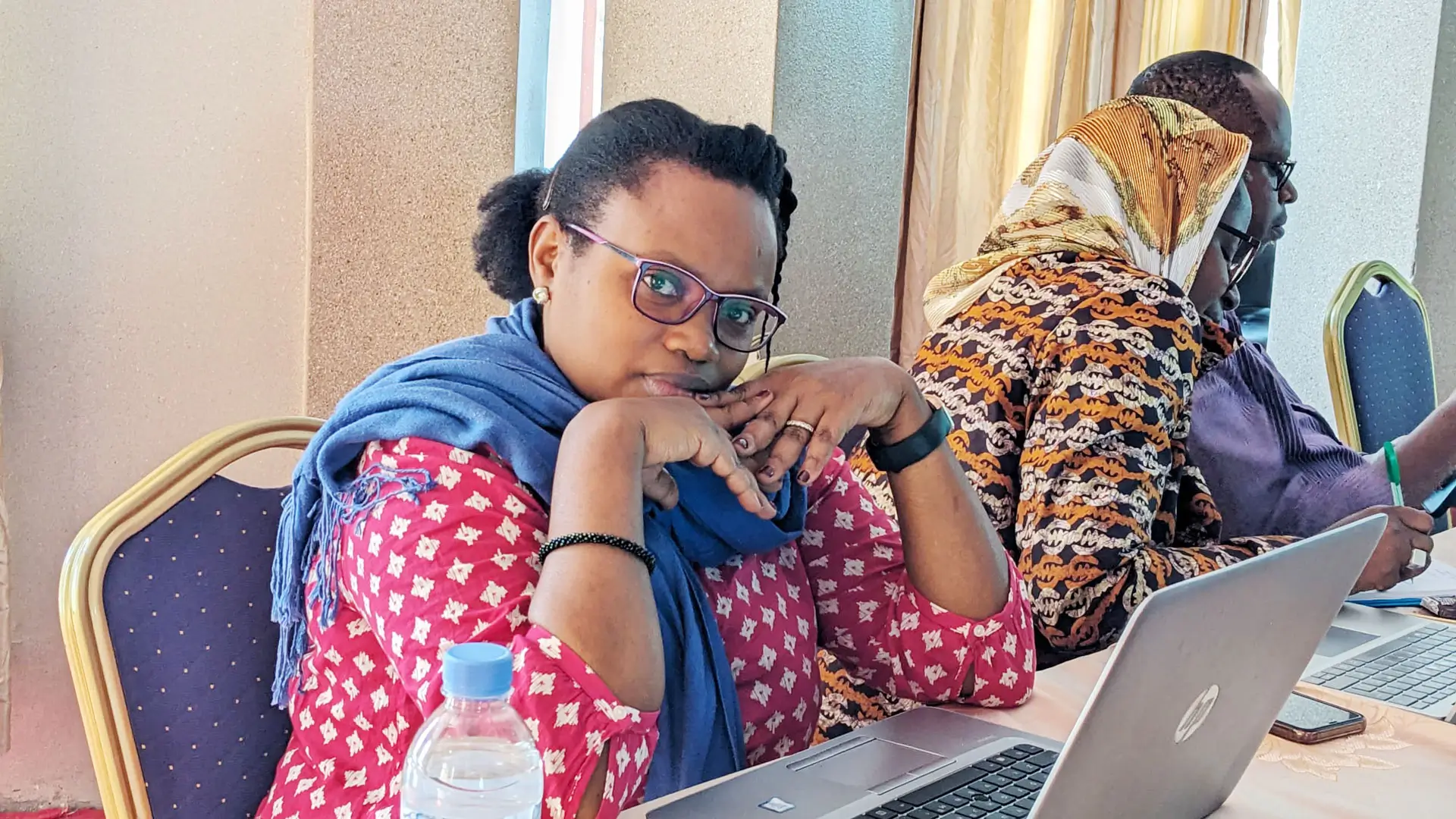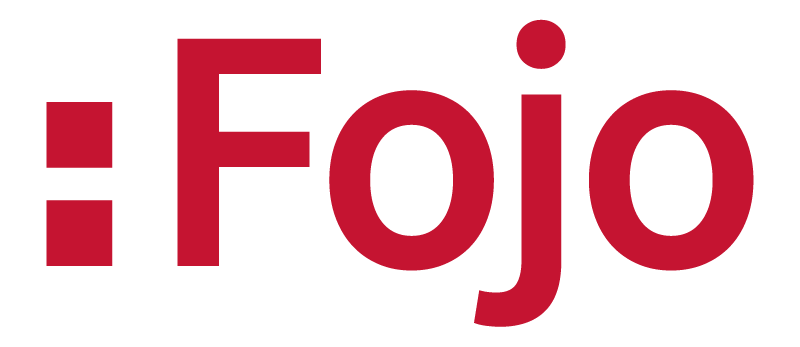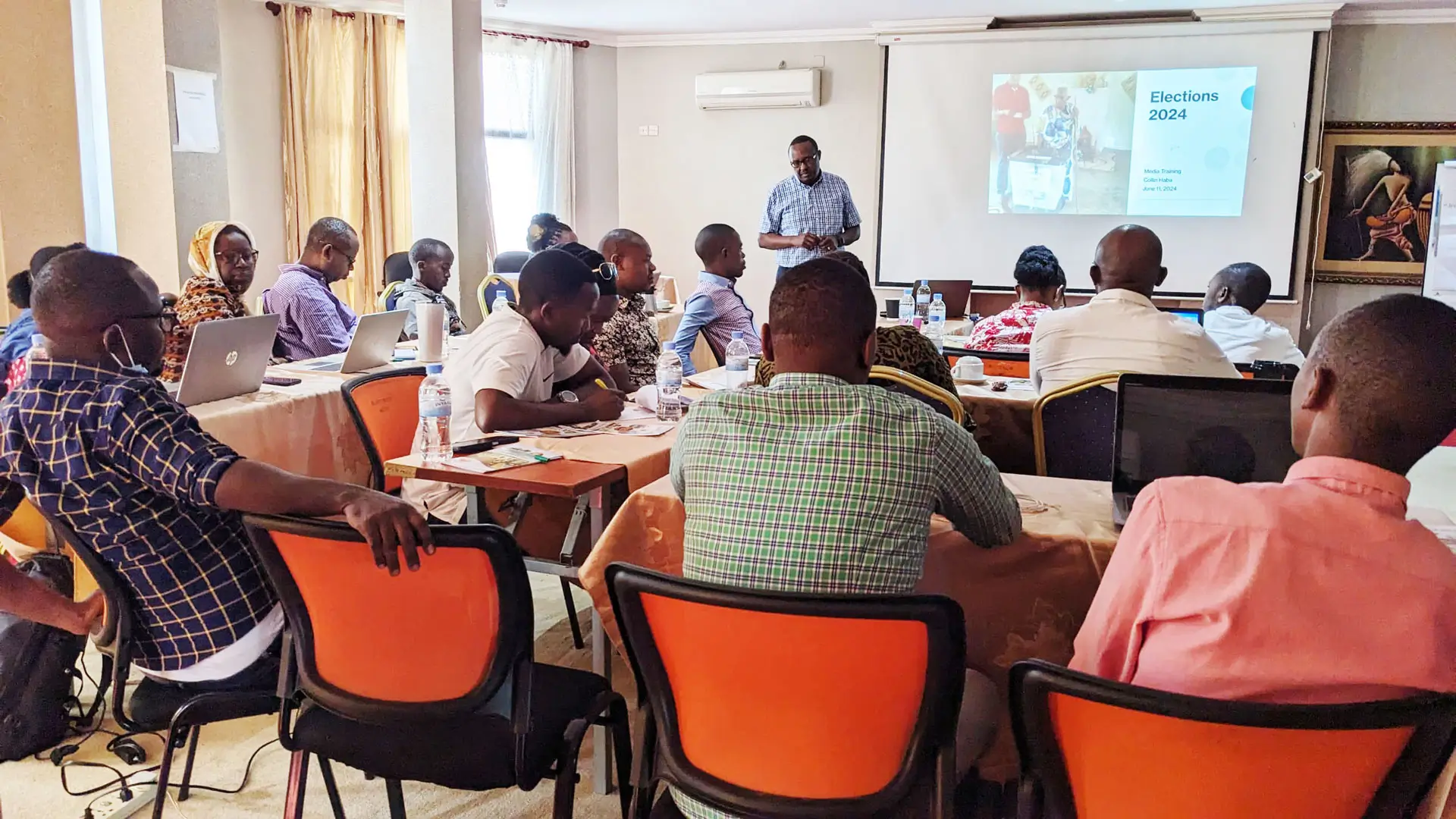On July 15, the people of Rwanda go to the polls to elect a new president. The candidates to choose from are three: Frank Habineza of the Democratic Green Party, the independent Philippe Mpayimana – and then the incumbent President Paul Kagame of the RPF who has ruled the country since 2000 and who in the last election in 2017 received 99 percent of the vote.
Covering an election with these conditions can be a difficult task and to prepare the Rwandan media corps, the Fojo-supported Rwanda Media Program (RMP) organised a four-day workshop in Nyamata just outside Kigali.
24 journalists participated during the two days, which were led by media and election expert Clement Kirenga and included lectures on laws surrounding elections in Africa, the role of the media during an election campaign, safety and gender equality in election reporting.
“Through this intensive training, I have learned about the context of elections in building democracy, the independent role of media in providing necessary election information, the election process, and the responsibilities of observers”, said Ange Hatangimana of Umuseke.rw.
“My main takeaway is the importance of neutrality to avoid confusing my audience and produce credible stories. I learned the dos and don’ts of election coverage, such as not publishing vote results as it is NEC’s (Rwanda National Electoral Commission) responsibility. I also realised the need to explain the roles of Members of Parliament alongside the elected president to the citizens,” said Samuel Kwizera of Radio Umucyo, a faith-based community radio station in Kigali.

From the online magazine Iriba News based in Kigali, Emma Marie Umurerwa joined the training:
“I have learned the role and responsibilities of a journalist before, during, and after elections, including the need for impartial coverage of all candidates, understanding Rwandan and international election laws, collaboration with media and election bodies, and ensuring journalist safety during election periods”, she said.



